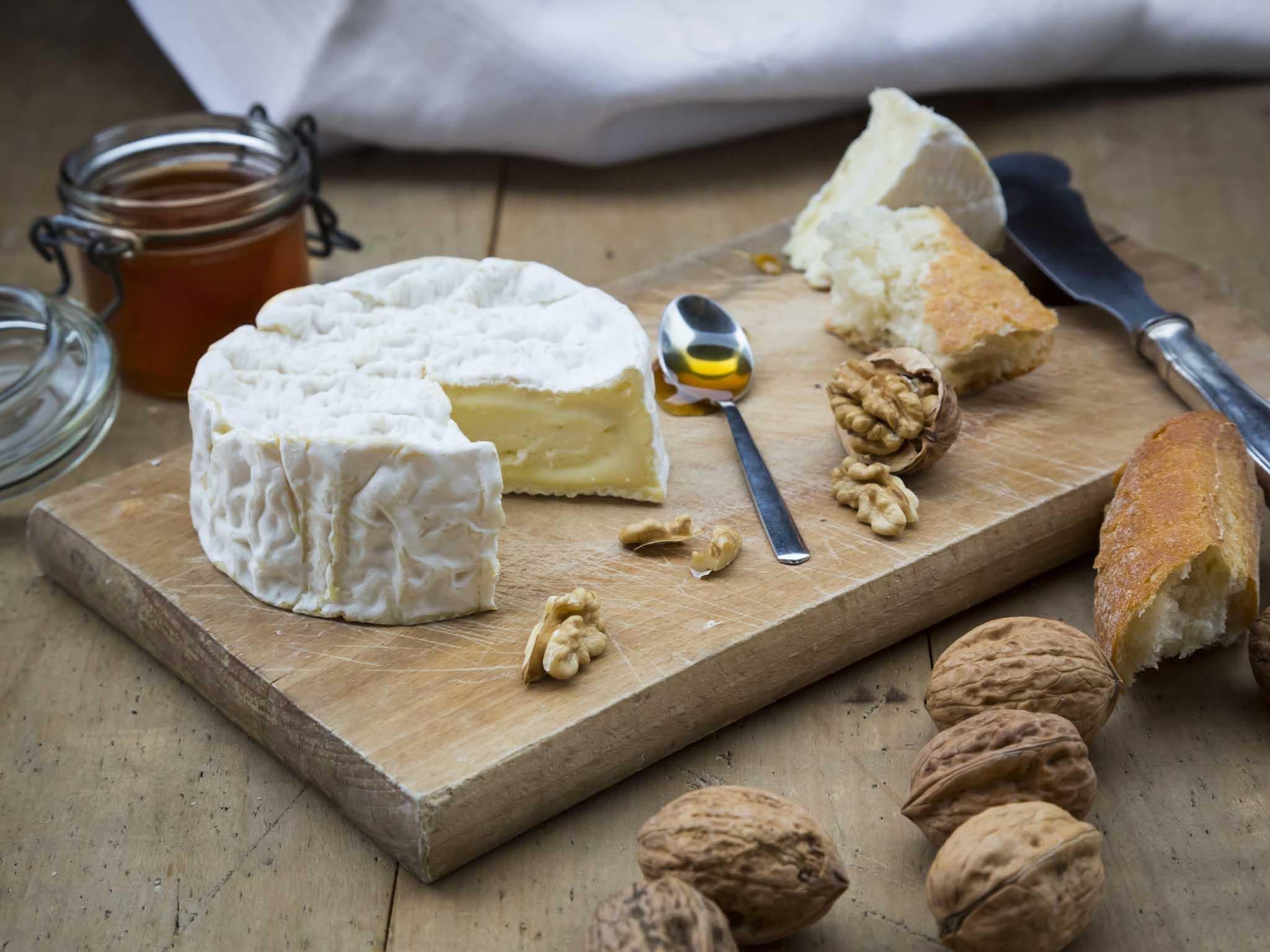The Independent's journalism is supported by our readers. When you purchase through links on our site, we may earn commission.
Why you love cheese – the scientific explanation
It turns out some people are just genetically wired to prefer fatty foods

Your support helps us to tell the story
From reproductive rights to climate change to Big Tech, The Independent is on the ground when the story is developing. Whether it's investigating the financials of Elon Musk's pro-Trump PAC or producing our latest documentary, 'The A Word', which shines a light on the American women fighting for reproductive rights, we know how important it is to parse out the facts from the messaging.
At such a critical moment in US history, we need reporters on the ground. Your donation allows us to keep sending journalists to speak to both sides of the story.
The Independent is trusted by Americans across the entire political spectrum. And unlike many other quality news outlets, we choose not to lock Americans out of our reporting and analysis with paywalls. We believe quality journalism should be available to everyone, paid for by those who can afford it.
Your support makes all the difference.Gorging on a ripe Camembert or demolishing the after-dinner cheeseboard is usually blamed on greed - now you can blame your genes instead.
We’re often warned that the yellow stuff is packed with saturated fat, but it doesn't stop us from reaching for that extra helping.
According to a new study, it’s not just because you’re a glutton, it could in fact all be down to your DNA.
Scientists at the University of Cambridge have found that those with a gene already linked to obesity have a predisposition for high-fat foods, but less of a preference for high-sugar foods. The gene in question is called MC4R and is thought to affect about one in every 1,000 people.
The study saw a team of 54 volunteers – some with MC4R, some lean and some obese – offered unlimited portions of chicken korma, followed by an Eton Mess dessert.
To put their theory to the test, the volunteers were given three samples of each dish with varying fat and sugar content; the curry’s fat content varied from 20 – 60 per cent and the dessert’s sugar content varied from 8 – 54 per cent.
After tasting the samples, the volunteers could eat as much as they wanted.

Researchers found that while there was no real difference in the amount eaten between the individuals, the 14 people with MC4R unknowingly ate a significantly higher proportion of the high-fat korma; 95 per cent more than the lean participants and 65 per cent more than those with obesity.
When it came to the dessert, those with defective MC4R liked the high-sugar option less than their counterparts.
Professor Sadaf Farooqi, neuroscientist and co-author of the study told Munchies: “People couldn’t tell the food apart and that was the key thing. They [participants with the MC4R defect] still ate a lot more of the high fat and a lot less of the high sugar which suggests that the brain has ways of picking up levels of nutrients.”
The good news is, while those indulgent fatty foods should be seen as an occasional treat, if temptation pervades and you just can’t resist delving into a slab of cheese at least now you can lose some of the guilt.
Join our commenting forum
Join thought-provoking conversations, follow other Independent readers and see their replies
Comments